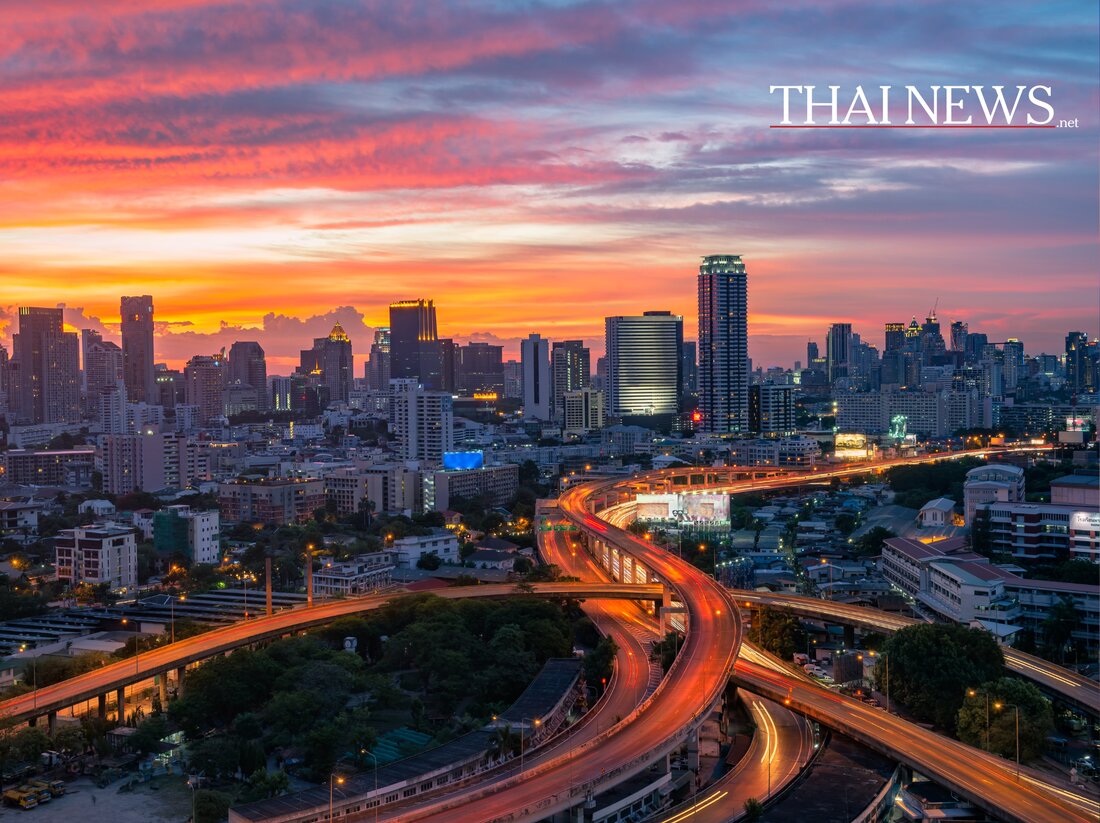Thailand relies on tax incentives: This is how tourism is stimulated!
Thailand launches five tourism programs with tax incentives to boost domestic tourism and boost GDP by the end of 2025.

Thailand relies on tax incentives: This is how tourism is stimulated!
Thailand today launched a new push to revive domestic tourism and boost the economy. On October 23, 2025, the government presented five comprehensive tax incentive programs to be implemented by the end of 2025. The goal? Total tourism revenue is expected to increase by over 110 billion baht, contributing about 0.45% to gross domestic product (GDP) in the fourth quarter, according to Pattaya Mail reported.
The focus of the measures is primarily on secondary provinces, which are to be supported through tax incentives and private investments. With tourism revenues down eight percent in the last eight months, the need to promote domestic tourism is even more urgent. Finance Minister Ekniti Nitithanprapas emphasizes that these programs not only serve to encourage people to travel more within their own country, but also to improve tourism infrastructure and create jobs.
Tax incentives for individuals and companies
A central part of the new initiative is tax deductions for Thai citizens. Anyone can claim up to 20,000 baht for hotel, homestay and restaurant bills provided there is a full or electronic tax invoice. This regulation applies not only to 55 secondary provinces, but also to parts of 15 other provinces, which are supported with a 1.5-fold deduction. In addition, companies that offer training in Thailand are allowed to deduct double expenses, especially if these take place in secondary provinces, reports Der Farang.
The government has also paved the way for early government spending. Between October 2025 and January 2026, public authorities, state-owned enterprises and local administrations must spend at least 60% of their seminar and training budgets, a significant increase compared to the previous 10-20%. These measures are linked to key performance indicators that department heads must meet.
Boost for the hotel industry
Another component is the promotion of hotel modernization. Hotel renovation and expansion costs are eligible for double tax deduction from October 29, 2025 to March 31, 2026. Financial support for sustainable technologies such as air conditioning and solar systems was particularly emphasized. A Government Savings Bank program will also help promote renovations. According to the new guidelines, the consumption tax for entertainment establishments will also be reduced by another year until the end of 2026 in order to help affected businesses.
With these tax measures, the government expects an additional tourism turnover of around 13 billion baht, which will also have a positive impact on the local economy. To further increase the effects, the “Khon La Khrueng Plus” program is being registered, which provides grants to citizens to further stimulate the economic cycle. There is talk of a total expected amount of 88 billion baht that is expected to flow into the economy.
While the challenges are significant, the government's official hope is that these measures can increase GDP by at least 0.4 percent and stabilize the tourism sector. The upcoming decisions in the cabinet will be crucial in finally putting the concepts presented into practice. Ekniti emphasizes that time is of the essence and rapid measures are required to improve the economic situation.

 Suche
Suche
 Mein Konto
Mein Konto
